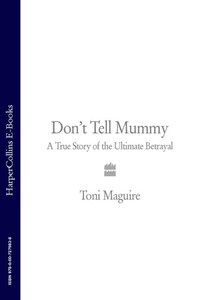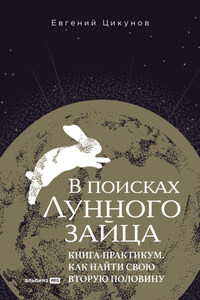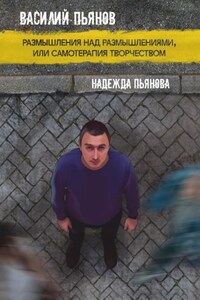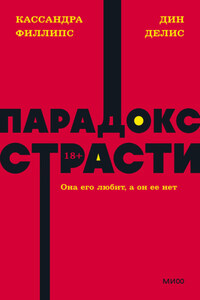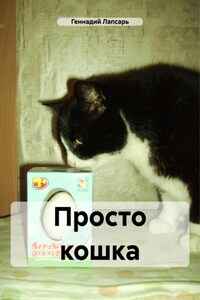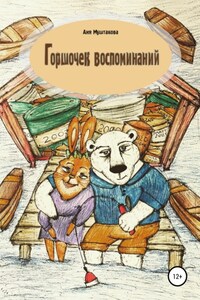Chapter One
Nothing about the house in the quiet suburb of Belfast made it stand out. The imposing red-brick building stood back from the road surrounded by landscaped gardens. It looked like any other large family home. The number on the gate confirmed I was at the right address as I scanned the piece of paper in my hand for final reassurance.
Not being able to delay any longer, I picked up my suitcase, which the taxi driver had deposited on the pavement, walked down the path and pushed open the door.
‘I’m Toni Maguire,’ I announced to the casually dressed woman behind the reception desk. ‘Ruth Maguire’s daughter.’
She looked at me curiously.
‘Yes. Your mother told us this morning you were coming. We never knew she had a daughter.’
No, I thought, I don’t suppose you did.
‘Come, I’ll take you to her. She’s waiting for you.’
She walked briskly down the corridor to the pretty four-bedded ward where my mother was. I followed in her wake, hiding my emotions.
Four old ladies reclined in chairs placed in front of their bedside lockers. Three of the lockers were covered in photographs of loved ones whilst the fourth, my mother’s, was bare. I felt a familiar stab of pain. Not even one of my baby photos was on display.
She sat in her chair, a blanket over her knees and her legs on the raised footrest. This was not the robust woman who on my last visit to Ireland over a year ago had still looked a decade younger than her birth certificate stated. That woman had been replaced by this shrunken, frail old lady, who looked terminally ill.
The dark green eyes that had so often flashed with anger now welled with tears as she held her arms out to me. Dropping my bags to the floor I went into them. For the first time in many years my mother and I embraced, and my love that had lain dormant resurfaced.
‘You’ve come, Toni,’ she murmured.
‘I would always have come if you’d asked me,’ I replied softly, shocked by the fleshless shoulders I felt through her dressing gown.
A nurse bustled in and tucked the blanket more firmly around my mother’s legs. Turning to me she enquired politely about my journey from London.
‘Not bad,’ I said. ‘Only three hours door to door.’
Gratefully, I took a cup of tea from her, staring intently into the cup as I composed myself, not wanting my face to betray the shock that my mother’s fragility had given me. She had, I knew, been admitted to the hospice before to monitor her pain control, but I knew this visit would be the last.
Having been informed of my arrival, my mother’s doctor came to see me. He was a cheerful, pleasant-looking young man, with a broad smile.
‘Ruth,’ he asked, ‘are you happy now that your daughter has come to see you?’
‘Very happy,’ she replied in her usual lady-like tones, so expressionless she might have been commenting on the weather.
When he turned to me, I saw the same curious expression that had flitted through the receptionist’s eyes.
‘May I call you Toni?’ he asked. ‘It’s what your mother called you.’
‘Of course.’
‘I’d like a couple of words with you when you’ve finished your tea. Just come down to my room. The nurse will show you where it is.’
After one more reassuring smile to my mother, he left.
Taking a few minutes to postpone what I felt would be a difficult meeting, I sipped my tea slowly before reluctantly going to see what he wanted.
Entering his room I was surprised to find another man sitting beside him, dressed in casual clothes, only his dog collar identifying his calling. I sat down on the only available chair, looked at the doctor with what I hoped was a bland expression and waited for him to start the conversation. As he gently began to explain the situation my heart sunk. I realized that some answers would be required from me; answers I was reluctant to give, for giving them would mean opening up those memory boxes where the ghost of my childhood lived.
‘We have some problems with your mother’s treatment and we hoped that maybe you could shed some light on them. The pain-control medication is not working as well as it should. And, to be frank, she’s on the maximum dosage we can prescribe.’
He paused to gauge my reaction. Receiving none he continued. ‘In the daytime she responds well to the staff, lets them take her to the coffee lounge, shows an interest in her appearance, and she has a good appetite. It’s the night-time that’s the problem.’
